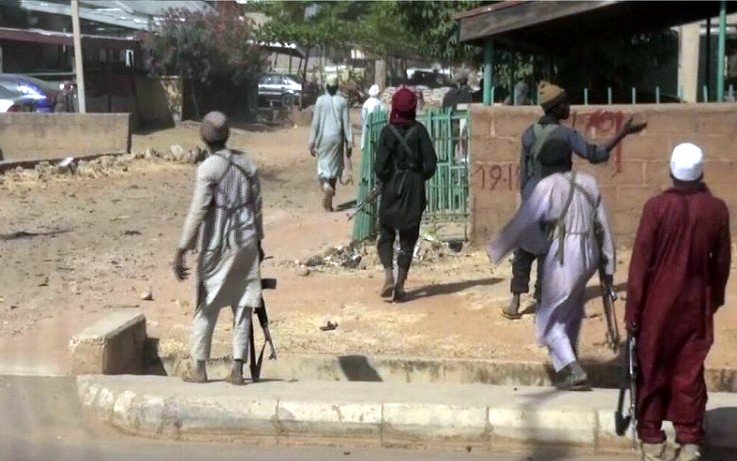From Romanus Ugwu, Abuja
Despite assurances by the Federal Government and state governments from the North West zones on the return and safety of the Internally Displaced Persons (IDPs), the United Nations has warned against such action, stressing that the communities are not yet safe.
Speaking at a three-day regional protection dialogue on the Lake Chad Basin, regional representative for West Africa for the United Nations High Commission for Refugees (UNHCR), Liz Ahua said even though Boko Haram may not be occupying any local government, fresh spontaneous attacks and unexplored Improvised Explosive Devices (IEDs) from Boko Haram still posed serious threats to the returnees.
Ahua further noted that “the Lake Chad Basin today faces a fundamental protection crisis in Nigeria and across neighbouring states.
“The Boko Haram insurgency and the spill over in Cameroon, Niger and Chad has led to the loss of thousands of lives and massive displacement of over 2.7 million people in the region and affected over 20 million persons in the countries.”
“Even as at today, it is feared that another 50,000 persons have been dislocated from their homes in a town in Niger following an attack that took place on that town on Friday June 3. The numbers in Niger will certainly swell to 180,000 IDPs while Cameroon and Chad are reported to be hosting over 160,000 and 54,000 IDPs respectively.
“It is important to note that around 60 per cent of the affected population are children and we insist on that. Among these affected children we have 20,000 unaccompanied. Many of them are living in areas where the humanitarian and civilian government actors have limited access to help them because of insecurity.
“In Nigeria alone, 3.5 million IDPs and host communities live in areas of Borno and Yobe states that are still largely inaccessible to humanitarian actors…”
We take note and rejoice on the successes achieved by the military operations that have brought back a number of areas in the northeastern Nigeria occupied by Boko Haram under government control.
“However, these have not fully degraded the capacity for the harassment, the maiming and killing of the defenseless civilians. Consequently, the living condition in the Northeast is not yet fully conducive for the return of Nigerian refugees and IDPs particularly in Borno State.
“We note that there are returns that are taking place even as we talk today, but I will simply want to underscore that the conditions are not fully ripe yet because we still have persistent threats from Boko Haram, presence of mines, unexploded improvised devices as well as absence of some basic services. All of these put acute humanitarian and protection risks for the populations affected. We have visited these areas and we know precisely of what we are saying,” she added.
Earlier, the permanent secretary for the Ministry of Interior, Mr Bassey Okon Ekpanyung, reiterated that the Federal Government has deplored several police and Nigeria Security and Civil Defence Corps (NSCDC) personnel to the reclaimed communities.
“The Ministry of Interior working in close collaboration with relevant institutions is currently in the process of re-establishing civil authority in the liberated areas to free more military personnel to engage the insurgent group. The Nigeria police and NSCDC already have significant presence in the affected towns, while the other agencies will follow suit,” he noted.

